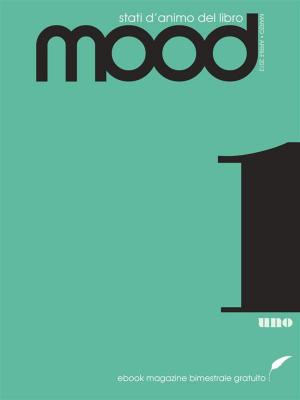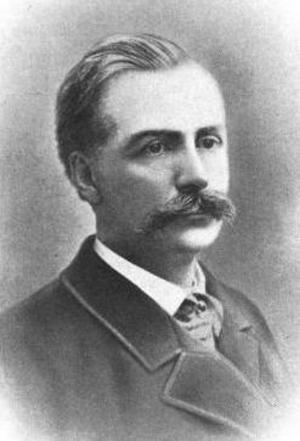| Author: | Zakir Hossain | ISBN: | 9781370098187 |
| Publisher: | Zakir Hossain | Publication: | August 16, 2016 |
| Imprint: | Smashwords Edition | Language: | English |
| Author: | Zakir Hossain |
| ISBN: | 9781370098187 |
| Publisher: | Zakir Hossain |
| Publication: | August 16, 2016 |
| Imprint: | Smashwords Edition |
| Language: | English |
Human Trafficking is nearly as old as human history; the weaker members of society are always victimized, used and abused by the stronger ones. ‘Might is Right’ was the motto of the primitive times, it is even truer now in this 21st century.
Are we civilized then?
We make skyscrapers, we travel to other planets, and so on and we call it Civilization, while Human Trafficking has become the world’s third largest profit-making illicit industry after arms and drug trafficking. Human beings are sold, displayed, auctioned, smuggled, and trafficked; they are a profitable commodity in the multi-billion-dollar industry of modern-day slavery.
Should we still call us civilized?
One of the most vicious consequences of Human Trafficking is Sex Trade where women are enslaved, raped, tortured, forced into sex 20-30 times a day; they often end up with incurable diseases like HIV, and finally they are thrown away once their bodies are no longer marketable.
I did not have any direct understanding of this modern-day slavery until 2001 when I was assigned to make a documentary film on Human Trafficking funded by USAID. As I continued research on the issue, I came to know the unbearable sufferings of children and women caused by some despicable traders. Then, in 2008, I was assigned by the South Asia Foundation to make a drama-documentary film on Sex Trafficking, so I researched the subject again and found, to my surprise, that the scenarios of the trade became even more threatening to humanity. And now, I can see further significant increases in people smuggling and the violence that accompanies the illicit trade.
Meanwhile, hundreds of documentary films were made by filmmakers like me; many articles, novels, news stories were published; many seminars and conferences were held, but Human Trafficking didn’t stop. It is not that the efforts we made have gone in vain, they did help combat the crisis to some extent, but the efforts were not enough to face the vastness of this multi-billion-dollar illicit global business; we still have a long way to go to end such an ugly trade and ‘‘In the shadow of the red-light’’ is one more serious effort towards that goal.
Human Trafficking is nearly as old as human history; the weaker members of society are always victimized, used and abused by the stronger ones. ‘Might is Right’ was the motto of the primitive times, it is even truer now in this 21st century.
Are we civilized then?
We make skyscrapers, we travel to other planets, and so on and we call it Civilization, while Human Trafficking has become the world’s third largest profit-making illicit industry after arms and drug trafficking. Human beings are sold, displayed, auctioned, smuggled, and trafficked; they are a profitable commodity in the multi-billion-dollar industry of modern-day slavery.
Should we still call us civilized?
One of the most vicious consequences of Human Trafficking is Sex Trade where women are enslaved, raped, tortured, forced into sex 20-30 times a day; they often end up with incurable diseases like HIV, and finally they are thrown away once their bodies are no longer marketable.
I did not have any direct understanding of this modern-day slavery until 2001 when I was assigned to make a documentary film on Human Trafficking funded by USAID. As I continued research on the issue, I came to know the unbearable sufferings of children and women caused by some despicable traders. Then, in 2008, I was assigned by the South Asia Foundation to make a drama-documentary film on Sex Trafficking, so I researched the subject again and found, to my surprise, that the scenarios of the trade became even more threatening to humanity. And now, I can see further significant increases in people smuggling and the violence that accompanies the illicit trade.
Meanwhile, hundreds of documentary films were made by filmmakers like me; many articles, novels, news stories were published; many seminars and conferences were held, but Human Trafficking didn’t stop. It is not that the efforts we made have gone in vain, they did help combat the crisis to some extent, but the efforts were not enough to face the vastness of this multi-billion-dollar illicit global business; we still have a long way to go to end such an ugly trade and ‘‘In the shadow of the red-light’’ is one more serious effort towards that goal.















